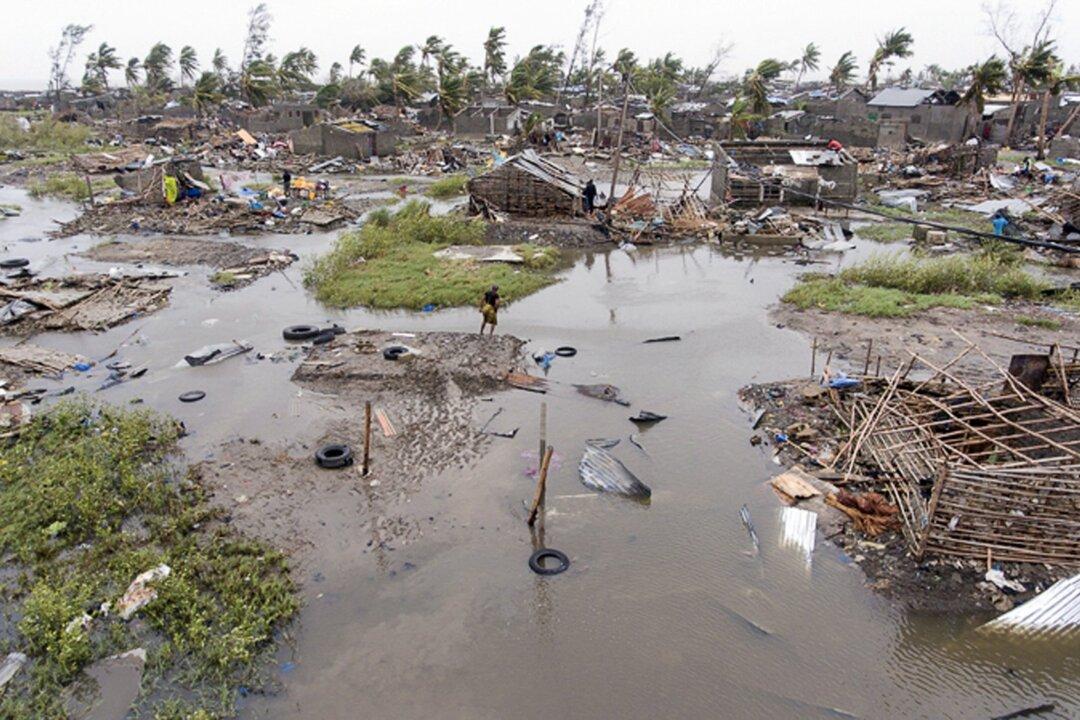A cyclone in the eastern African nation of Mozambique may have killed 1,000 people, according to the country’s president.
President Filipe Nyusi said Cyclone Idai caused mass destruction, saying the death toll will likely rise significantly, the BBC reported. The official death toll is 84 in Mozambique, and the storm is blamed for the deaths of about 200 people across southeastern Africa.





